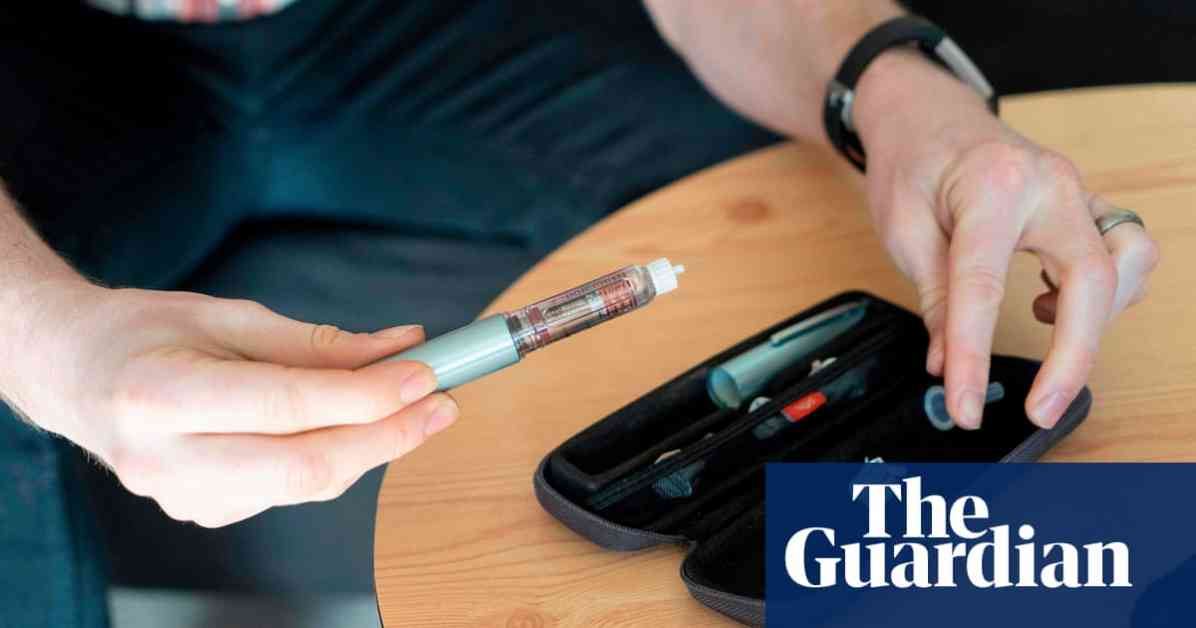Scientists have created a groundbreaking insulin that can change the treatment for millions of people with type 1 diabetes. Currently, patients have to inject themselves with synthetic insulin multiple times a day to stay alive. However, this constant fluctuation in blood sugar levels can lead to various health issues in the short and long term. It can also affect their mental well-being.
The new smart insulin developed by researchers in the US, Australia, and China responds to changes in blood sugar levels in real-time. Unlike standard insulins that only stabilize blood sugar levels temporarily, this glucose-responsive insulin (GRI) becomes active only when there is a certain amount of sugar in the blood to prevent high blood glucose levels. It then becomes inactive when levels drop to avoid low blood sugar levels.
This innovation could potentially reduce the number of insulin injections needed by patients to just once a week. The research behind these smart insulins has received substantial funding from organizations like Diabetes UK, JDRF, and the Steve Morgan Foundation. This financial support aims to accelerate the development of these life-changing treatments.
Dr. Tim Heise, part of the Type 1 Diabetes Grand Challenge, believes that smart insulin could be a game-changer in diabetes treatment. He emphasizes that managing type 1 diabetes requires significant effort daily to balance blood sugar levels effectively. Smart insulins are seen as the closest thing to a cure for type 1 diabetes in terms of drug therapy.
In addition to the development of smart insulins, there are other research projects underway to improve insulin therapy. Some projects focus on creating faster-acting insulins to address the delay in glucose response time. Others are exploring the combination of insulin with another hormone, glucagon, to keep blood glucose levels stable by preventing both high and low levels.
These initiatives have the potential to revolutionize type 1 diabetes treatment and significantly improve the lives of those living with this condition. By closely mimicking the body’s natural responses to changing blood sugar levels, new insulins could reduce the daily challenges faced by patients. This advancement not only benefits their physical health but also their mental well-being.
Through ongoing research and development, the hope is to create a new reality where insulin therapy becomes more efficient and less burdensome for individuals with type 1 diabetes. The ultimate goal is to transform diabetes care and provide life-changing advancements that enhance the quality of life for those affected by this condition.












